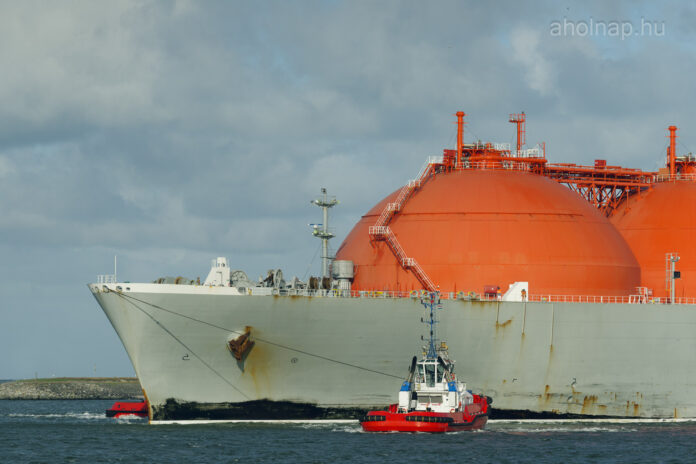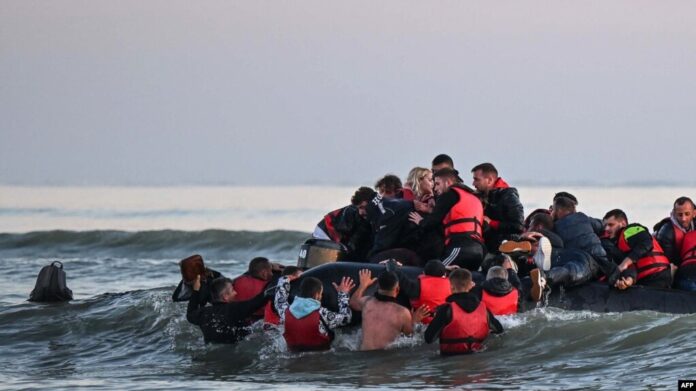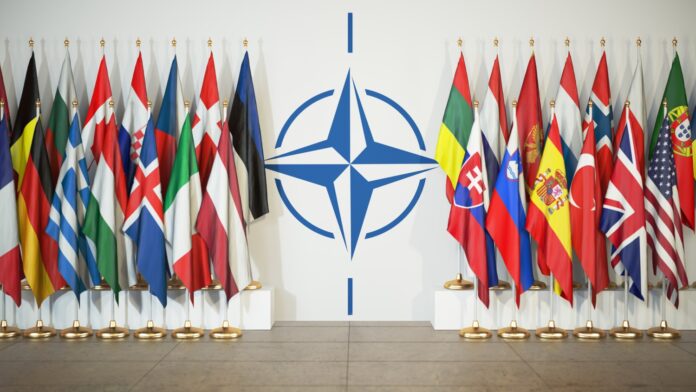The World Economic Forum (WEF) has unveiled a program for 2025 called “Collaboration for the Intelligent Age,” which is divided into five key themes: Rebuilding Trust, Rethinking Growth, Investing in People, Protecting the Planet and Industries in the Smart Age. At first glance, this sounds like a positive vision for a fairer and more sustainable future. But a closer look reveals connections to the United Nations’ 2030 Agenda, which raise questions about the actual objective and possible consolidation of power.
Hidden agenda behind nice-sounding topics
1: “Rebuilding Trust” The
WEF emphasizes the need to restore trust between states, companies and society. This is in line with the goals of the 2030 Agenda, in particular SDG 16 (Peace, Justice and Strong Institutions), which call for the strengthening of institutional structures and social cohesion.
Review:
Who destroyed this trust? Often it is the same political and economic actors who are now staging themselves as problem solvers. Instead of real reforms, this could be an attempt to steer public perception and consolidate existing power structures under the guise of cooperation.
2: “Reimagining Growth” The
idea of making economic growth sustainable and inclusive is directly correlated with SDG 8 (Decent Work and Economic Growth). The WEF emphasizes technological innovations and new sources of growth in a globalized economy. Criticism:
Instead of promoting real social justice, the “new growth” could in reality lead to corporations and economic elites expanding their dominance through access to key technologies and markets. Rethinking growth should not mean centralizing economic power even more.
3: “Investing in People” Education
, reskilling and building human capital are central elements of the 2030 Agenda (SDG 4 and SDG 8). The WEF calls for investment in the workforce to make them fit for the technologically dominated future.
Criticism:
The supposed support of the workforce could in reality serve to adapt them to the needs of global corporations. The control of education and reskilling programs by private actors risks making people dependent on these structures instead of being given real choices.
4: “Safeguarding the Planet” The topic of
sustainability is in line with SDG 13 (climate action) and SDG 15 (life on land). The WEF aims to make progress through innovative partnerships and cutting-edge technologies.
Criticism:
Sustainability is presented here primarily as a business area from which large companies can benefit. The focus is on technology-driven solutions, while the actual causes of the climate crisis – resource depletion and excessive consumption or militarization – are hardly addressed. There is a danger that climate protection measures will be misused as a tool for the economy and for controlling citizens.
5: “Industries in the Intelligent Age” The
transformation of industries through AI and automation is presented as necessary to achieve short- and long-term goals. This is in line with SDG 9 (Industry, Innovation and Infrastructure).
Criticism:
The social dimension of this transformation is hardly mentioned. Automation and AI lead to job losses and social inequality, which are not sufficiently addressed by the proposed measures. Instead, corporations could further expand their control over industries and use innovations exclusively in their own interests.
Connection to the 2030 Agenda: Tool of those in power instead of progress for the citizen?
The 2030 Agenda may officially aim at sustainability, social justice and global cooperation, but the role of the WEF in its implementation raises considerable questions. Since the WEF was not elected by anyone and yet has significant influence on political and economic decisions worldwide, it is more of a tool of the global elites than a tool for the interests of ordinary citizens.
The proposed measures – from climate protection to digitalisation to economic growth – seem to be primarily aimed at securing the power and influence of a small, privileged group. The interests of the general population are often addressed only symbolically or superficially, while central decisions are made behind closed doors by unelected actors.
Critics argue that the WEF is not a platform for everyone’s progress, but a mechanism to centralize technological innovation and economic resources in the hands of a few. Under the guise of “progress”, the WEF could help strengthen political and economic control – for the benefit of the powerful and at the expense of democratic participation.
Conclusion: Cooperation or expansion of power?
The WEF 2025 programme fits perfectly with the 2030 Agenda, but the question remains whether it is really about global justice and sustainability or whether it serves as a tool to concentrate power and control in the hands of a few. The good-sounding topics obscure possible risks: increasing centralization, dependence on corporations and technological solutions that are not accessible to everyone.
Society should critically question whether these programs actually serve the needs of the majority or whether they help to further cement existing inequalities – all under the banner of “cooperation in the smart age”.
Translated and edited by Hans Seckler




